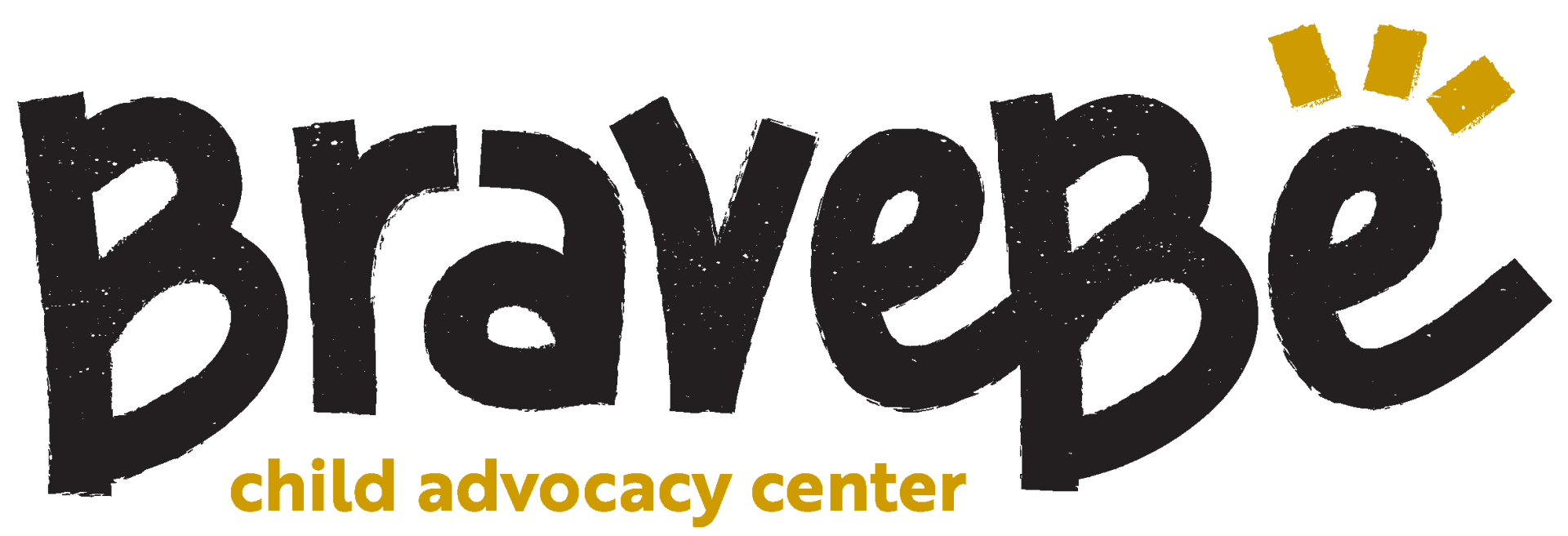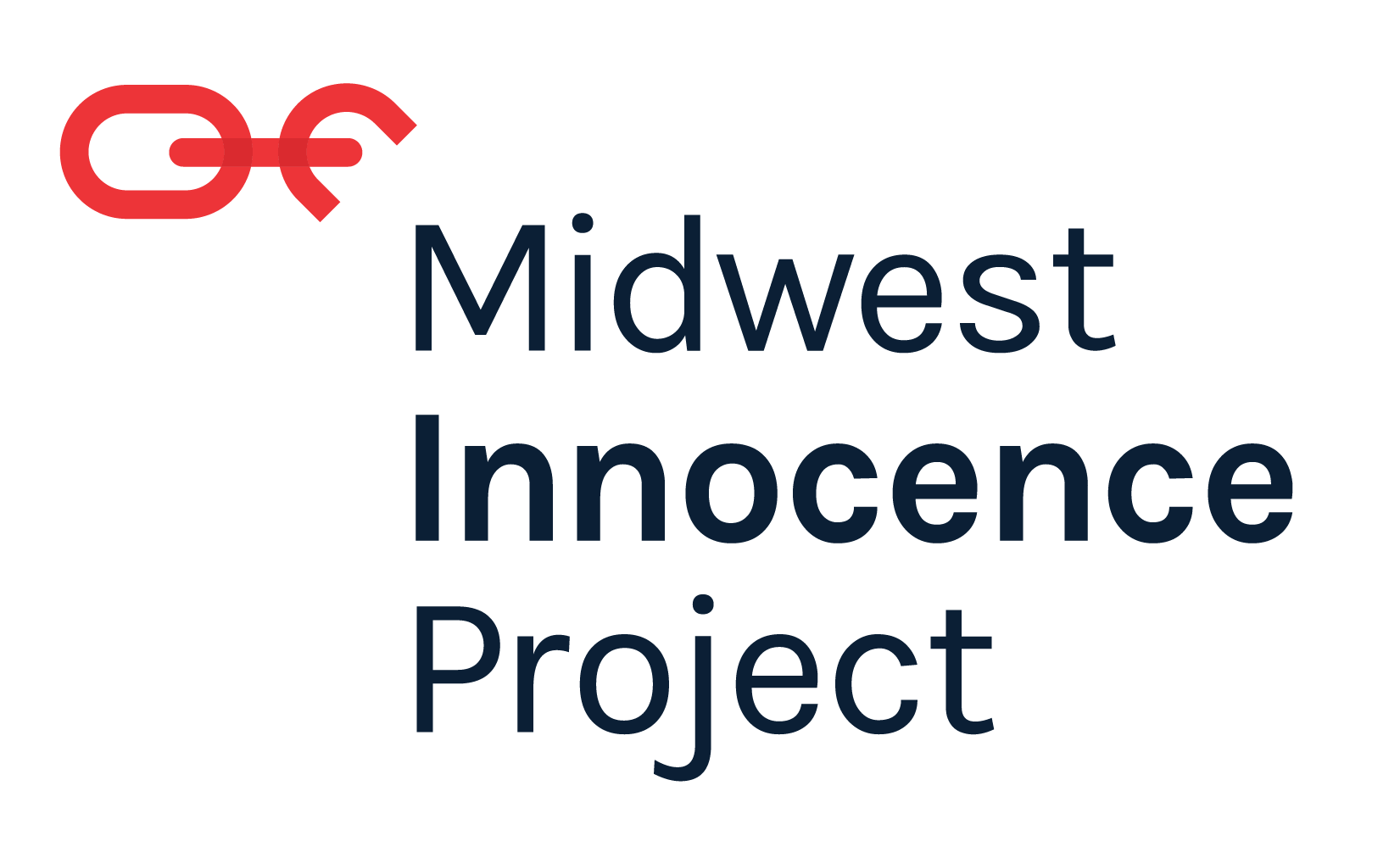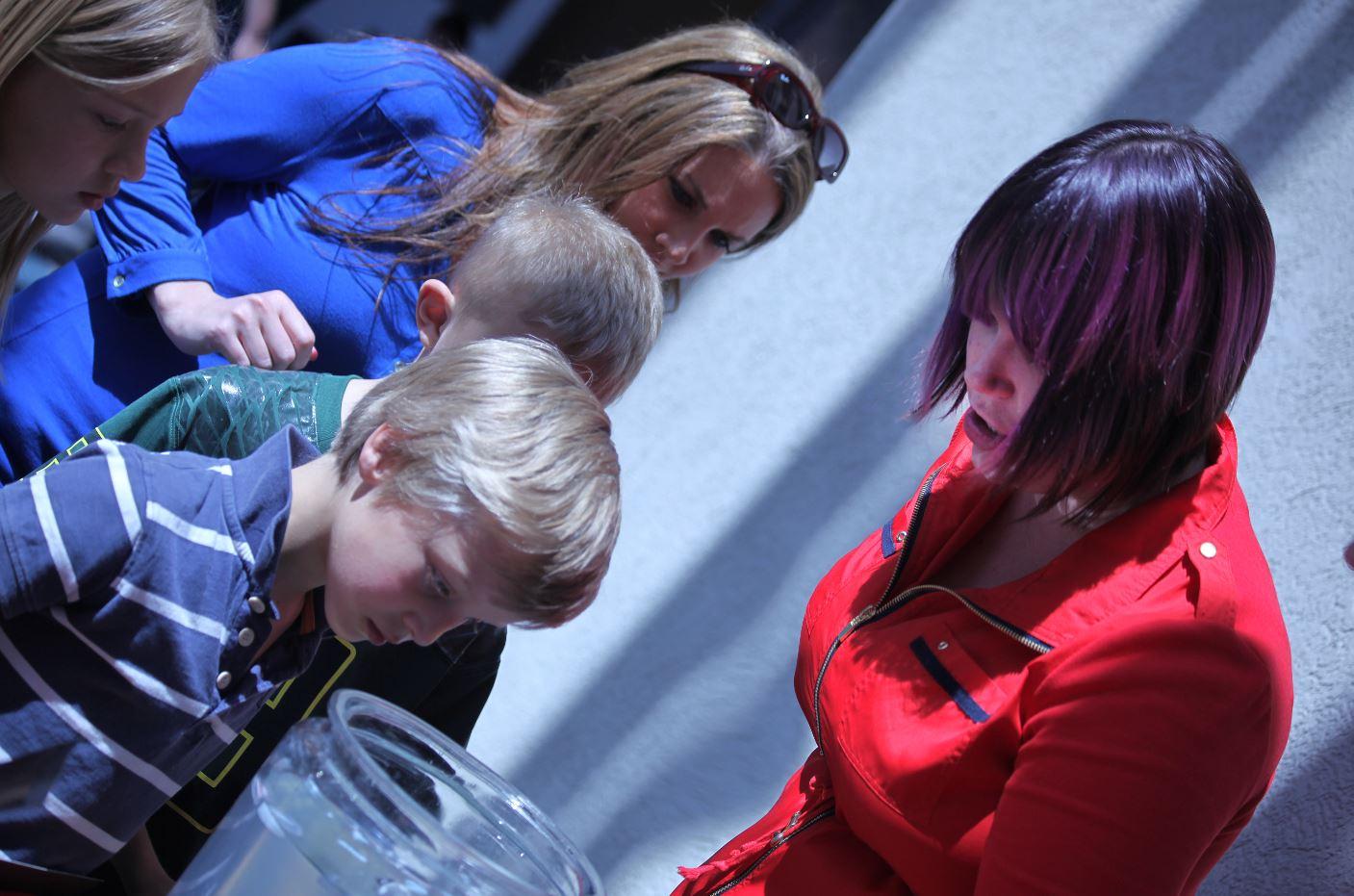The Nonprofit Board Service Externship Program places law students with an area nonprofit board of directors for an academic year to observe, support, and engage with the nonprofit governance process, under the mentorship of an attorney board member.
The Nonprofit Board Service Externship Program “courses + externship” model is an opportunity for students to learn about board service, engage with area attorneys and nonprofits, and reflect on how they can use their developing professional skills to benefit their community. There are two core courses in the Board Service Program. Students are required to take Nonprofit Organizations for 3 credit hours in the fall, where Business Associations is a co or pre-requisite. The other course is the Board Service Externship Program class, which meets 3 times in the fall and bi-weekly in the spring. In addition to the classroom instruction, and correlated to the externship hours, students also spend time attending board meetings and events, and working on projects for the board. Students in the program earn 3 credits in Nonprofit Organizations and 2 total credit hours of Externship credit, for a total of 5 credit hours.
What type of projects and tasks do students engage in? Tasks may include things like bylaw review, end-of-year filings review, taking back-up meeting minutes, governance policy reviews, or other research assignments from the board or college. The work need not always be solely legal in nature, but rather focus on the type of work that is expected of board members. The assignments may also be purely educational, and not necessarily result in work product. Attorney mentors and boards are encouraged to also include reading assignments or shadowing opportunities to the student participants.
Participating Boards

Brave Be
BraveBe, a founding nonprofit to the externship program, is expected return as a participating nonprofit for the 25-26 academic year.
The BraveBe Child Advocacy Center is a nonprofit organization providing a safe, child friendly location for conducting forensic interviews and medical evaluations for abused children in Southeast Nebraska.

LUX Center for the Arts
The LUX Center for the Arts is dedicated to transforming lives through art. They provide education through art classes, artist in residency programs, gallery exhibitions, and community outreach.

Mourning Hope
Mourning Hope companions children, adults and families before and after a death loss. They provide support groups, counseling, community education, resources, and referrals.

Omaha Town Hall Lecture Series
Omaha Town Hall Lecture Series is committed to enhancing the cultural life of the metropolitan area. They present experts speaking on topics from entertainment to history, politics to art, geography to journalism.

Lincoln Children's Museum
The Lincoln Children’s Museum invites children to create, discover, and learn through the power of play. They provide exhibits and programs that stimulate curiosity, motivate learning, and support the wellbeing of children and families.

Habitat for Humanity of Lincoln
At Habitat for Humanity of Lincoln, we believe that everyone deserves a decent place to live. Habitat brings people together to build strength, stability and self-reliance in partnership with families in need of safe, affordable housing. Since 1988, we have built or repaired more than 202 home in Lancaster and Seward counties.

Midwest Innocence Project
The Midwest Innocence Project works to free innocent people in prison for crimes they did not commit, support and empower those individuals post-release, and reform policy and legislation to prevent wrongful convictions. Our work spans Missouri, Kansas, Arkansas, Nebraska, and Iowa, in collaboration with pro-bono lawyers and law firms, law students and clinics, prosecutors, and our partners. We strive to promote community healing and equitable justice for all.
What type of projects and tasks do students engage in?
Tasks may include things like bylaw review, end-of-year filings review, taking back-up meeting minutes, governance policy reviews, or other research assignments from the board or college. The work need not always be solely legal in nature, but rather focus on the type of work that is expected of board members. The assignments may also be purely educational, and not necessarily result in work product. Attorney mentors and boards are encouraged to also include reading assignments or shadowing opportunities to the student participants.
Time Commitment for Students and Mentors
Attorney mentors are encouraged to meet with the student, preferably before or after board meetings, and are expected to spend 1-2 hours per month engaging with the student via zoom, email, or in person where possible. Students should plan to dedicate 6-10 hours per month attending board meetings, meeting with their board supervisor-mentor, working on projects, or reviewing learning materials associated with the nonprofit. Board, student, and supervisor generated project ideas are welcome and encouraged.
Externship credit requires 42.5 total hours of work per credit hour. This includes the work performed for the course, and the class time itself. Students will be given a template for tracking this time in Canvas.
- Fall Semester: The total in-class time in the fall is approximately 4.5 hours, plus 4 hours spent on class assignments. In addition, students should plan to spend at least 34 hours throughout the fall semester working with their nonprofit and attending meetings and events. This works out to 2-3 hours a week, though time is not required to evenly distributed per week.
- Spring Semester: The total in-class time in the spring is approximately 7 hours, plus 11 hours spent on class assignments. Students should plan to spend around 25 hours throughout the fall semester working with their nonprofit and attending meetings and events. This works out to 1-2 hours a week, though time is not required to evenly distributed per week.
Timeline for Applications and Participation
Board participation and interest is confirmed in January and February every year, for the following academic year. Student applications are open for a period in January-March. Once the student application closes, the professor reviews applications and makes suggested matches. Every match is encouraged to do a call or interview to ensure it feels like a good fit for the attorney mentor-supervisor, the board, and the student, which typically occur in April. The student then registers for the appropriate courses to begin in the fall. Participating boards should expect the student to begin attending board meetings and events no later than September and continue through the end of the following April, the programs runs through fall and spring semesters.
- Student applications will be internally available every year via our 12Twenty platform between January - March.
- Interested boards may contact Professor Elsbeth Magilton, who leads the program, at elsbeth@unl.edu.
Requirements for Students
Participating students must…
- Be a 2L or 3L student enrolled in good standing at Nebraska Law.
- Apply through the 12Twenty portal to be selected.
- Take (or have taken) Nonprofit Organizations for 3 credit hours in the fall, where Business Associations is a co or pre-requisite.
- Take the Board Service Externship Program Course, which meets 3 times in the fall and bi-weekly in the spring. The course is only available through participation in this program and is graded pass/no-pass.
- Spend time attending board meetings and events and working on projects for the board.
Requirements for Nonprofits
Participating non-profits must…
- Have an active board of directors that meets at least 6-9 times between August-April.
- Have an attorney member willing to supervise the externship by meeting with and mentoring the student on board member responsibilities.
- Confirm that the organization’s executive director (or similar leader) and board president also approve of the participation and agree to support the student’s experience.
- Agree that the student will be granted access to the meetings and other necessary documents.
Requirements for Attorney Mentors
Attorneys serving as the direct student supervisor and mentor have the following responsibilities...
- Reviewing the Board Informational Packet and filling out a Supervisor Agreement (both shared via email) confirming they understanding their role.
- Meeting with the student prior to (or very early in) their placement to set their educational goals.
- Within the first few weeks of the fall semester placement the student will work to arrange a meeting to discuss the board on-boarding process, board member expectations, and other requirements for the organization, the attorney mentor is expected to be responsive and meet with the student.
- During the placement the supervisor is responsible for giving the student feedback and responding to communications, with the expectations that supervisors will meet or, at a minimum communicate in some format, monthly.
- Supervisors will be asked to complete an evaluation of the student. Supervisors should plan to spend 20 minutes completing the evaluation and another 20 minutes reviewing the assessment with the student.
